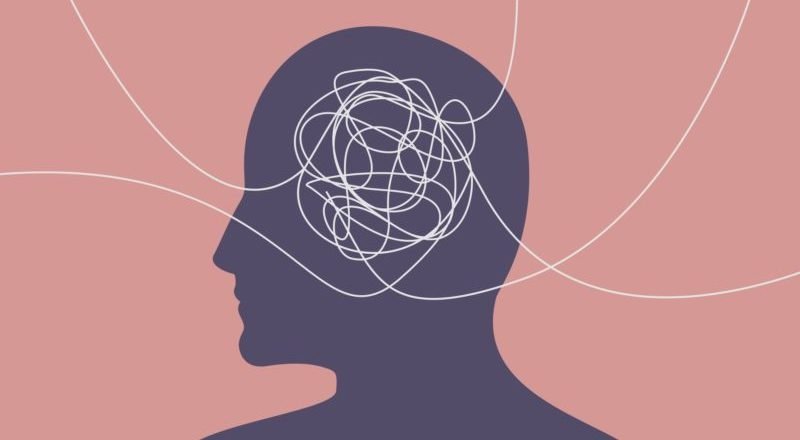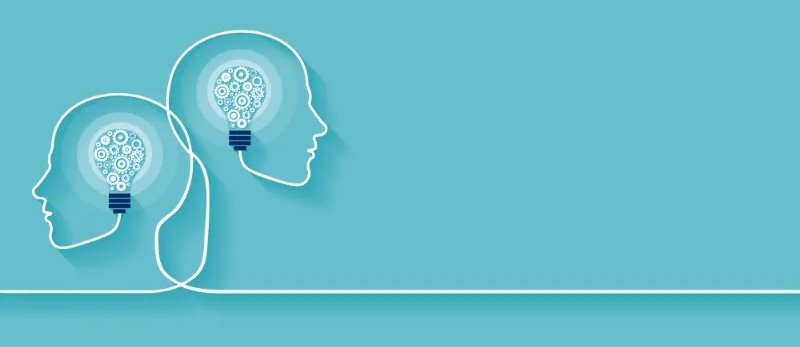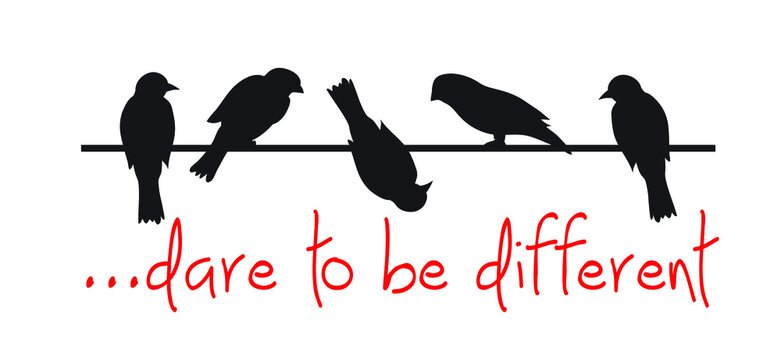Image: Aaron Lynn ©
Goals: What’s best for the customer? What’s best for the local community? What’s best for the planet? These are all noble causes, but often teams can’t come to an agreement on these goals. It’s not uncommon for teams within organisations to have conflicting or even opposing goals where the only common ground is they all work for the organisation, and they all want it to be successful. Therefore, they turn to a question that much more straightforward, much easier to measure and far more sinister: What’s best for the organisation?
Whenever we ask that question it’s all over, as I think the primary focus shifts to what's best for the organisation in terms of profitability, which can sometimes lead to decisions that prioritise financial gain over other considerations such as employee well-being, environmental impact, or ethical concerns. Organisations today demand constant scale and growth, and when push comes to shove, we have to be able to support our family and we all want stability in our lives. When the decision is about feeding our families or stretching the truth, I think most people are going to choose the latter.





















